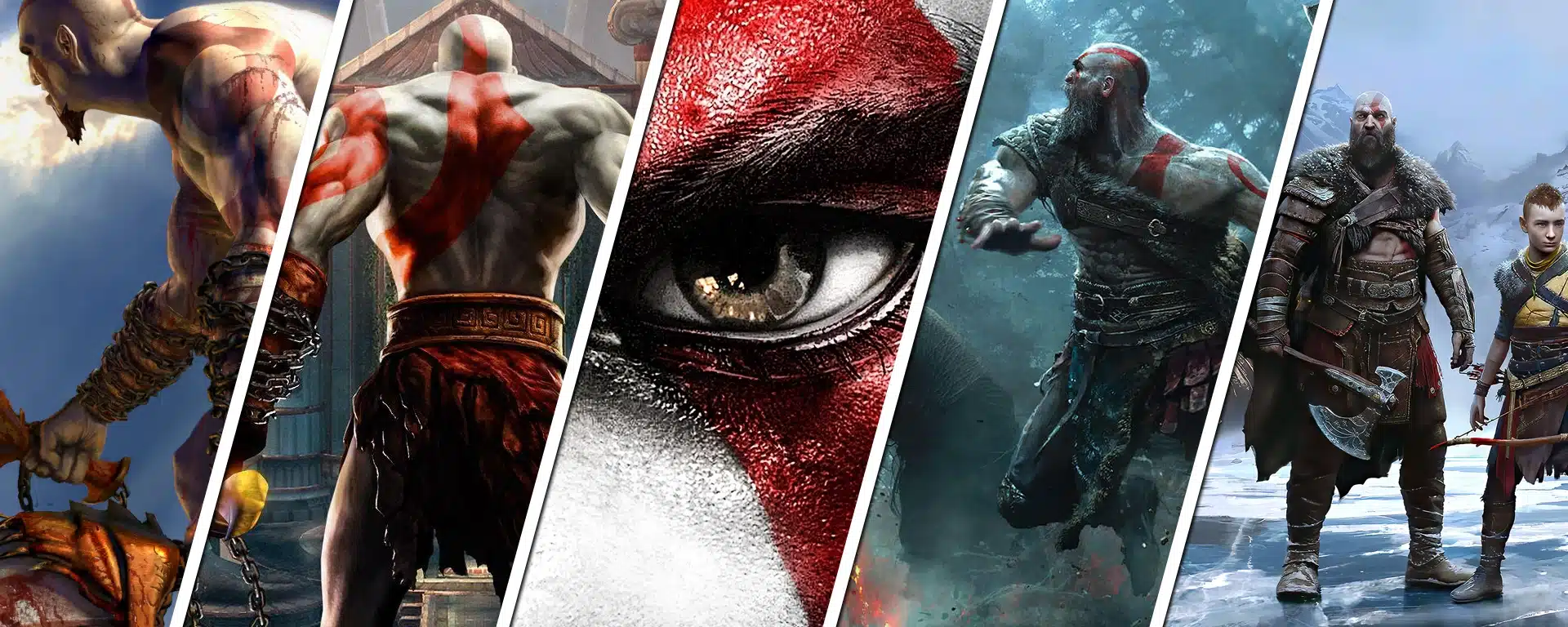Advertisements
In recent years, eSports have become increasingly popular, attracting a large number of fans and competitors around the world. This raises an intriguing question: will virtual intelligence be able to surpass human skill in this highly competitive scenario?
Advertisements
In this article, we will explore this topic in detail, analyzing the advances in artificial intelligence in eSports and the possible impacts this may have on the future of competitions.
Virtual intelligence has proven to be a force to be reckoned with, with increasingly sophisticated algorithms and systems capable of learning from past experiences and making strategic decisions in real time. This has led to an increase in the performance of virtual players, who are able to predict opponents’ moves and react quickly and accurately.
On the other hand, human skill cannot be underestimated either. Professional gamers have years of training and experience, as well as cognitive and emotional skills that can make all the difference in high-pressure situations.
Advertisements
Throughout this article, we will explore the main characteristics of virtual intelligence and human skill in eSports, analyzing the strengths and weaknesses of each. We will also discuss possible future scenarios, taking into account the advancement of technology and changes in the competitive landscape.
So, get ready to dive into this fascinating debate about the relationship between virtual intelligence and human skill in eSports. Let’s find out together if the era of virtual players is near or if humans still have a lot to offer in this increasingly competitive universe.
The Future of eSports: The Rise of Virtual Intelligence
Artificial intelligence has revolutionized many sectors of society, from medicine to the automotive industry. And now, it is poised to surpass even human ability in eSports. Competitive electronic games have become increasingly popular and profitable, and the arrival of virtual intelligence promises to take these competitions to a new level.
In this article, we will explore the benefits of using virtual intelligence in eSports, analyzing how it can improve the experience for players and spectators, as well as drive the evolution of the industry as a whole.
Greater accuracy and reaction time
One of the main advantages of virtual intelligence in esports is its ability to process information extremely quickly and accurately. While it may take a human a few milliseconds to make a decision in a match, an AI program can do so in a matter of microseconds. This means that virtual intelligence can react more quickly to in-game events, which can be crucial in tight competitions.
Real-time data analysis
Another advantage of virtual intelligence in eSports is its ability to analyze data in real time. While human players may have difficulty analyzing all the information available in the game, an AI program can process a massive amount of data in seconds. This allows players to gain valuable insights into their own and their opponents’ performance, making them more prepared and strategic during matches.
Personalizing the experience
Virtual intelligence in eSports also offers the possibility of personalizing the gaming experience. With the ability to learn and adapt, AI programs can create challenges tailored to players, taking into account their skills and preferences. This makes matches more challenging and engaging, providing a unique experience for each player.
New forms of interaction
In addition to the advantages already mentioned, virtual intelligence in eSports also brings with it new forms of interaction between players and spectators. With the use of AI programs, it is possible to create virtual characters that are able to interact with players in a realistic and natural way. This can include everything from commenting on plays to even actively participating in matches.
In short, virtual intelligence is poised to surpass human skill in eSports, bringing with it a series of advantages. With greater accuracy and reaction time, real-time data analysis, personalized experience and new forms of interaction, virtual intelligence promises to take eSports to a new level of competitiveness and entertainment.
It’s still too early to say exactly how virtual intelligence will impact the esports industry, but one thing is for sure: it’s here to stay. So, players and esports fans should get ready to embrace this new era where humans and machines come together to create a truly innovative and immersive gaming experience.
- Greater accuracy and reaction time
- Real-time data analysis
- Personalizing the experience
- New forms of interaction
Conclusion
In conclusion, the question of whether virtual intelligence will surpass human skill in eSports is a complex and controversial topic. While artificial intelligence (AI) technology is constantly evolving and has demonstrated impressive performance in some areas, there are still significant challenges to be overcome before it can effectively compete with human players at the highest level.
There’s no denying that AI has the potential to improve performance in eSports. AI systems can analyze vast amounts of data in real time, identify patterns, and make quick, accurate decisions. What’s more, AI isn’t affected by human factors like fatigue or emotions, making it a formidable competitor.
However, human skill in eSports cannot be underestimated. Professional players spend countless hours honing their skills, developing quick reflexes, advanced strategies, and precise decision-making. Furthermore, the experience and tactical knowledge accumulated over the years are crucial elements that differentiate human players from AI systems.
It is important to note that AI is still in development and there are significant limitations to overcome. While AI can be highly effective in games with well-defined rules and predictable patterns, it may struggle in complex and unpredictable games where human creativity and intuition play a crucial role.
Therefore, while AI has the potential to improve performance in eSports, it is unlikely to completely surpass human ability in the short term. However, it is possible that in the future, with continued advancements in AI technology, we may see a more balanced competition between human players and AI systems in eSports.




